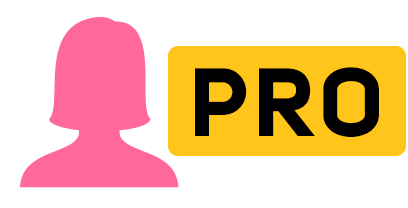AI voice examples
 Rafiki
Rafiki
 Zuri
Zuri
 Adam SW
Adam SW
 Alloy SW
Alloy SW
 Andrew SW
Andrew SW
 Brandon SW
Brandon SW
 Brian SW
Brian SW
 Christopher SW
Christopher SW
 Echo SW
Echo SW
 Florian SW
Florian SW
Language code: sw-KE
Swahili is a Bantu language widely spoken in Kenya (sw-KE) as a lingua franca and is one of the country's official languages.
It is one of the diverse dialects of the Swahili language prevalent in East Africa. With its rich grammar and distinct phonetics, Kenyan Swahili offers unique articulation patterns and uniacal sounds that set it apart.
Pronunciation Features
Syllable Structure:
This language has a straightforward syllable pattern. Each syllable typically has one consonant followed by a vowel. This pattern makes pronunciation simpler. For example, the word "mzuri," which means good, can be segmented as m-zu-ri.
Aspiration and Tone:
Unlike many languages, it does not involve strong bursts of air or aspiration in its pronunciation. There is also no tonal variation to change the meaning of words. The overall tone of the language is consistent, which simplifies learning.
Vowel Harmony:
Words in Swahili display a uniformity in vowel usage. They mainly contain either close vowels, like i and u, or open vowels such as a, e, and o. Mixing these vowels in one word is uncommon unless there's a specific purpose. This characteristic adds to the language's rhythmic flow when spoken.
Speech Synthesis
SpeechGen is tailored to capture these nuances. We focus on the intricacies of Kenyan Swahili pronunciation, ensuring the synthesis of your text is as authentic as possible.
Other Accents
- Kenyan
- Tanzanian
 SpeechGen.io
SpeechGen.io